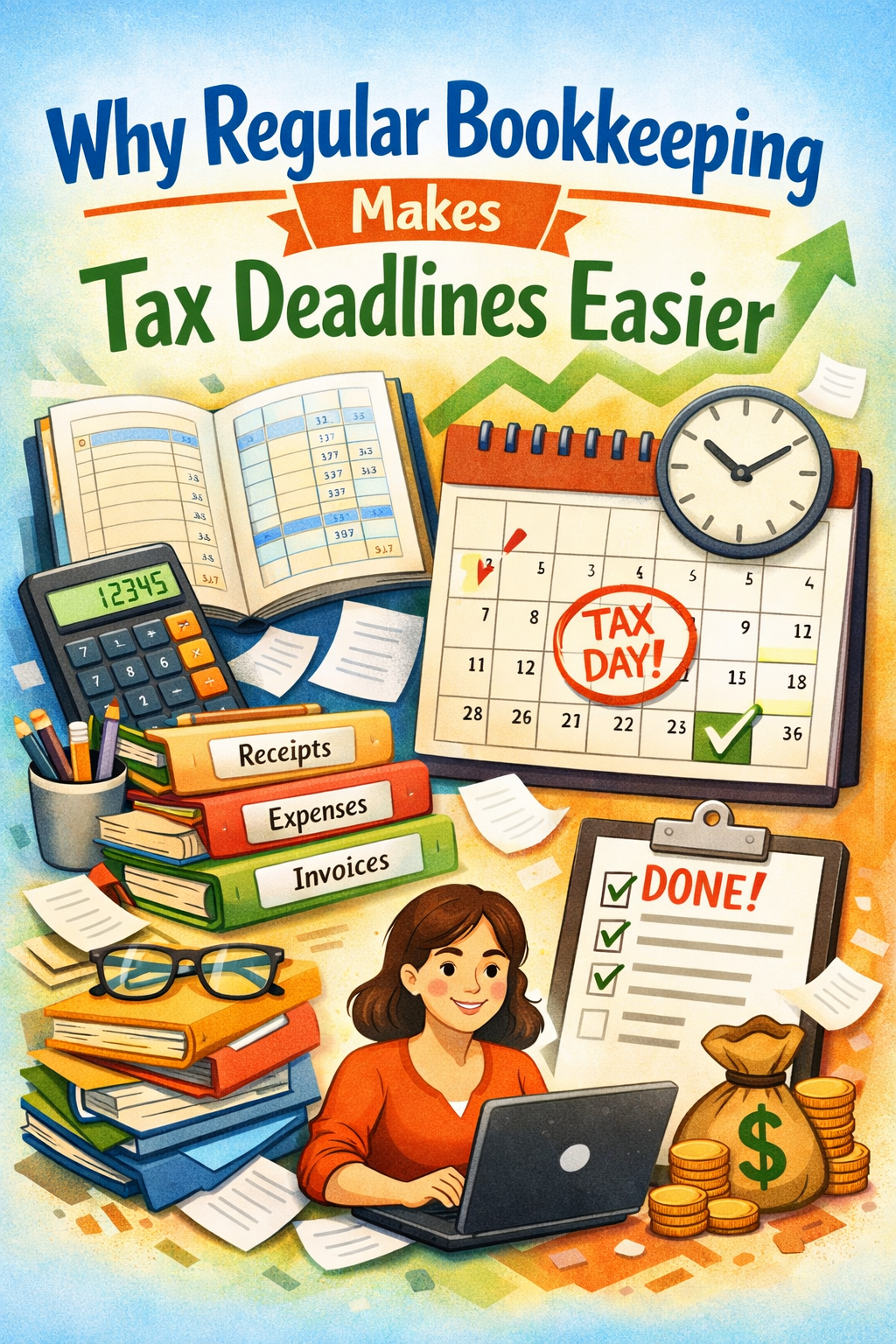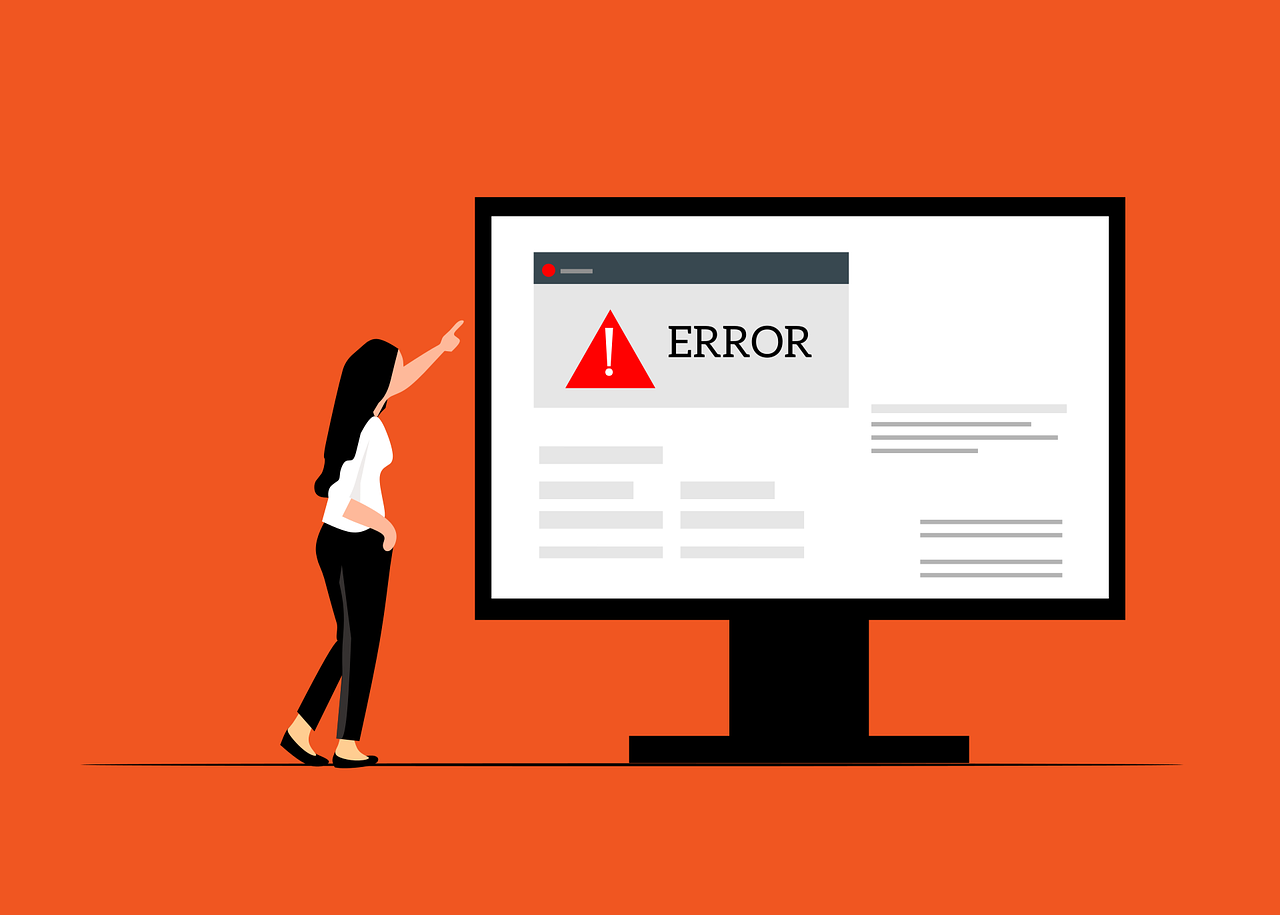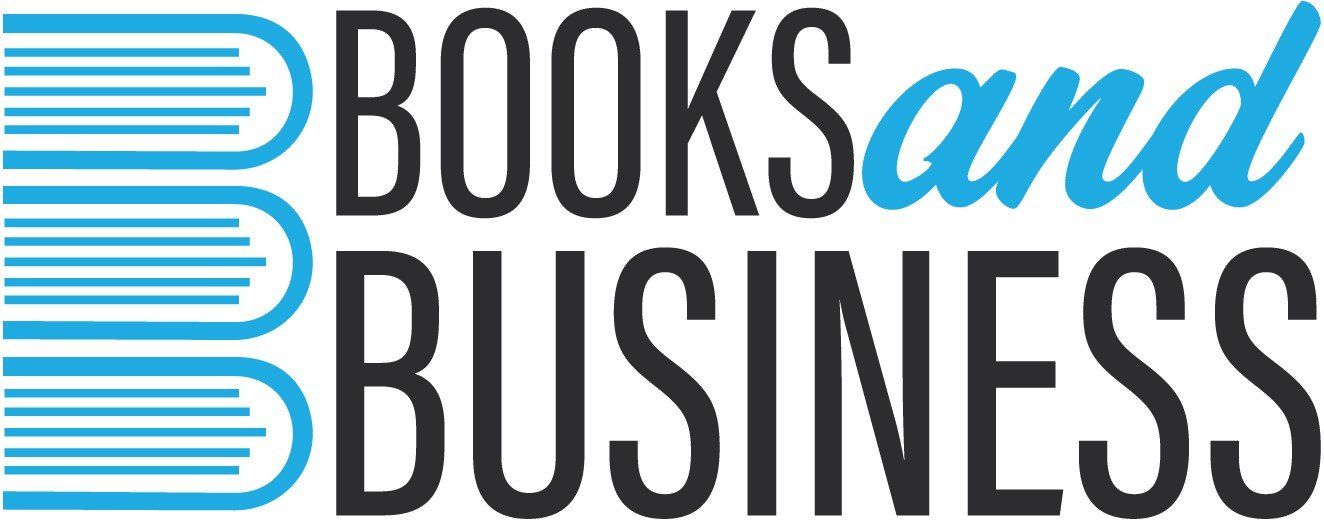New 150k tax threshold good or bad?
In our weekly tip no. 37 we reported that HMRC had increased the self-assessment (SA) tax threshold from £100k to £150k, starting from tax year 23/24. Meaning if your tax return for the 22/23 period is between £100k-£150k from PAYE income alone, you will be exempt from submitting a return the following year. HMRC will notify these individuals with an exit letter removing them from self-assessment for the 23/24 tax year. This new deduction is to help HMRC by reducing the amount of self-assessment returns they have to process.
However, it may seem like one less thing to do for some, but it's not that simple as there are other criteria that could keep individuals still needing to submit a SA tax return! Such as untaxed income or being self-employed with an annual income over £1,000 to name but a few.
If HMRC send you a notice to fill out a tax return you must still do so but you can ask to be removed if you no longer meet the new reduced amount criteria. If you have been removed but subsequently receive any income or capital gains tax liability you have until 5th October following the end of that tax year to report it e.g. by 5th October 2024.
New changes aren't always smooth sailing so even if from 23/24 you no longer need to submit a tax return we strongly suggest you personally keep a close eye on whether you are paying the correct amount of tax, ensuring your tax code is correct. It is unlikely HMRC will pick up on any errors and therefore could result in over or under payments for years!




